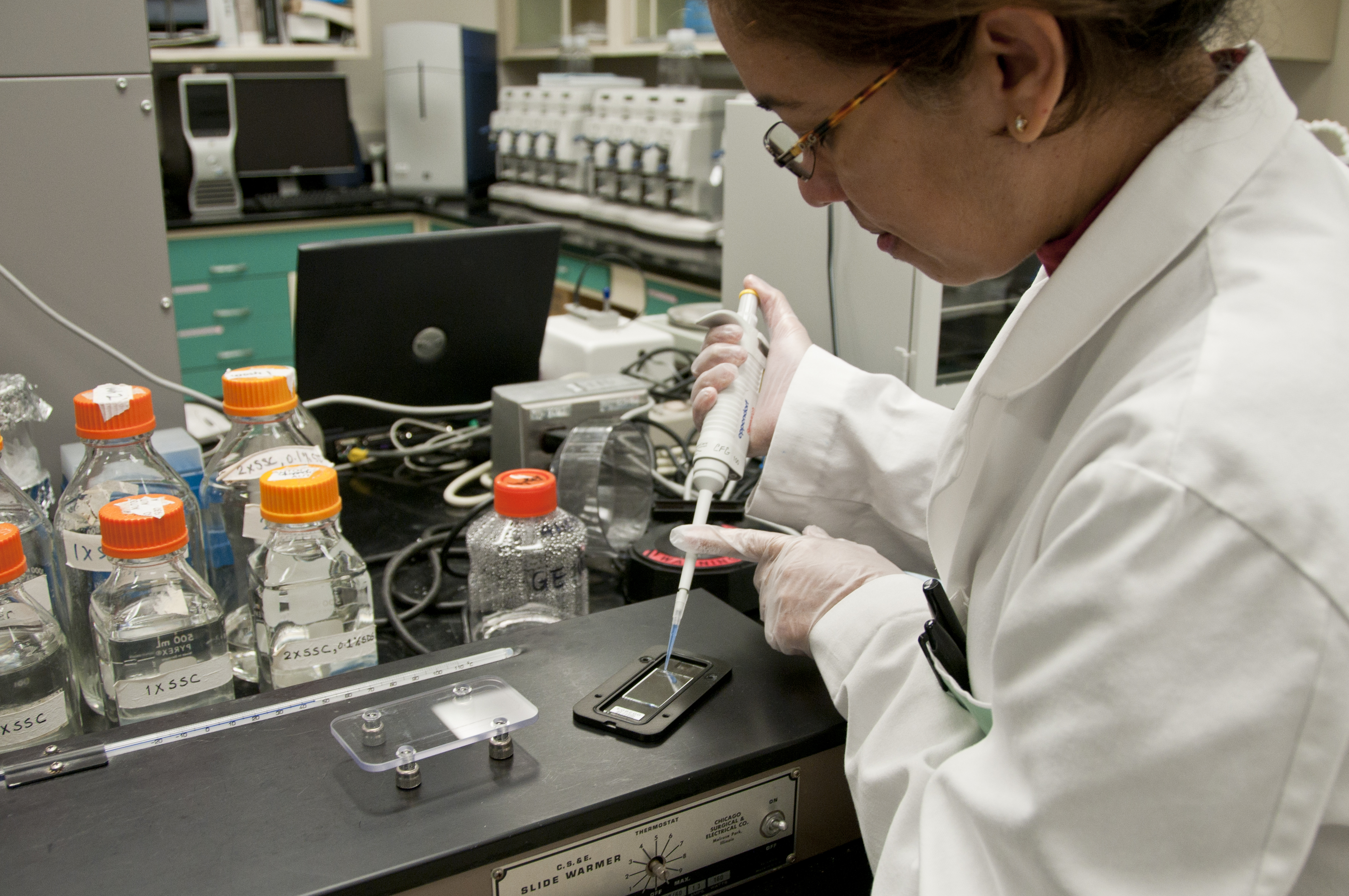
Assessment of fipronil toxicity to the freshwater midge Chironomus riparius: Molecular, biochemical, and organismal responses.
Sign Up to like & getrecommendations! Published in 2019 at "Aquatic toxicology"
DOI: 10.1016/j.aquatox.2019.105292
Abstract: Fipronil is a phenylpyrazole insecticide that entered the market to replace organochlorides and organophosphates. Fipronil impairs the regular inhibition of nerve impulses that ultimately result in paralysis and death of insects. Because of its use… read more here.
Keywords: midge chironomus; riparius; toxicity; chironomus riparius ... See more keywords

Acute and (sub)chronic toxicity of the neonicotinoid imidacloprid on Chironomus riparius.
Sign Up to like & getrecommendations! Published in 2018 at "Chemosphere"
DOI: 10.1016/j.chemosphere.2018.06.102
Abstract: Impacts of neonicotinoids on non-target insects, including aquatic species, may significantly influence ecosystem structure and functioning. The present study investigated the sensitivity of Chironomus riparius to imidacloprid exposures during 24-h, 10- and 28-days by assessing… read more here.
Keywords: sub chronic; riparius; toxicity; chironomus riparius ... See more keywords

Exposure to a microplastic mixture is altering the life traits and is causing deformities in the non-biting midge Chironomus riparius Meigen (1804).
Sign Up to like & getrecommendations! Published in 2020 at "Environmental pollution"
DOI: 10.1016/j.envpol.2020.114248
Abstract: The effect of microplastics (MP) exposure on the chironomid species Chironomus riparius Meigen, 1804 was investigated using the OECD sediment and water toxicity test. Chironomid larvae were exposed to an environmentally relevant low microplastics concentration… read more here.
Keywords: riparius meigen; water; riparius; exposure ... See more keywords

Bioconcentration and ecotoxicity of sulfadiazine in the aquatic midge Chironomus riparius.
Sign Up to like & getrecommendations! Published in 2019 at "Environmental toxicology and pharmacology"
DOI: 10.1016/j.etap.2018.12.021
Abstract: Although sulfadiazine (SDZ) is widespread in aquatic environments, information regarding the effects of SDZ on aquatic insects is still limited. In the present study, the bioconcentration and the effects of SDZ on the antioxidant system… read more here.
Keywords: insects; bioconcentration ecotoxicity; bioconcentration; riparius ... See more keywords

Chironomus riparius (Diptera) genome sequencing reveals the impact of minisatellite transposable elements on population divergence
Sign Up to like & getrecommendations! Published in 2017 at "Molecular Ecology"
DOI: 10.1111/mec.14111
Abstract: Active transposable elements (TEs) may result in divergent genomic insertion and abundance patterns among conspecific populations. Upon secondary contact, such divergent genetic backgrounds can theoretically give rise to classical Dobzhansky–Muller incompatibilities (DMI), thus contributing to… read more here.
Keywords: population divergence; riparius; chironomus; transposable elements ... See more keywords

Effects of Polyurethane Small-Sized Microplastics in the Chironomid, Chironomus riparius: Responses at Organismal and Sub-Organismal Levels
Sign Up to like & getrecommendations! Published in 2022 at "International Journal of Environmental Research and Public Health"
DOI: 10.3390/ijerph192315610
Abstract: Freshwater provides valuable services and functions to humankind. However, macroinvertebrates that underpin the delivery of many of those ecosystem services and functions are under an additional threat caused by microplastic pollution. Chironomids are one of… read more here.
Keywords: effects polyurethane; energy; riparius; polyurethane small ... See more keywords

Exposure of Midge Larvae (Chironomus riparius) to Graphene Oxide Leads to Development Alterations
Sign Up to like & getrecommendations! Published in 2022 at "Toxics"
DOI: 10.3390/toxics10100588
Abstract: Despite the fast-growing use and production of graphene-based nanomaterials (GBMs), data concerning their effects on freshwater benthic macroinvertebrates are scarce. This study aims to investigate the effects of graphene oxide (GO) on the midge Chironomus… read more here.
Keywords: midge; development; riparius; graphene oxide ... See more keywords